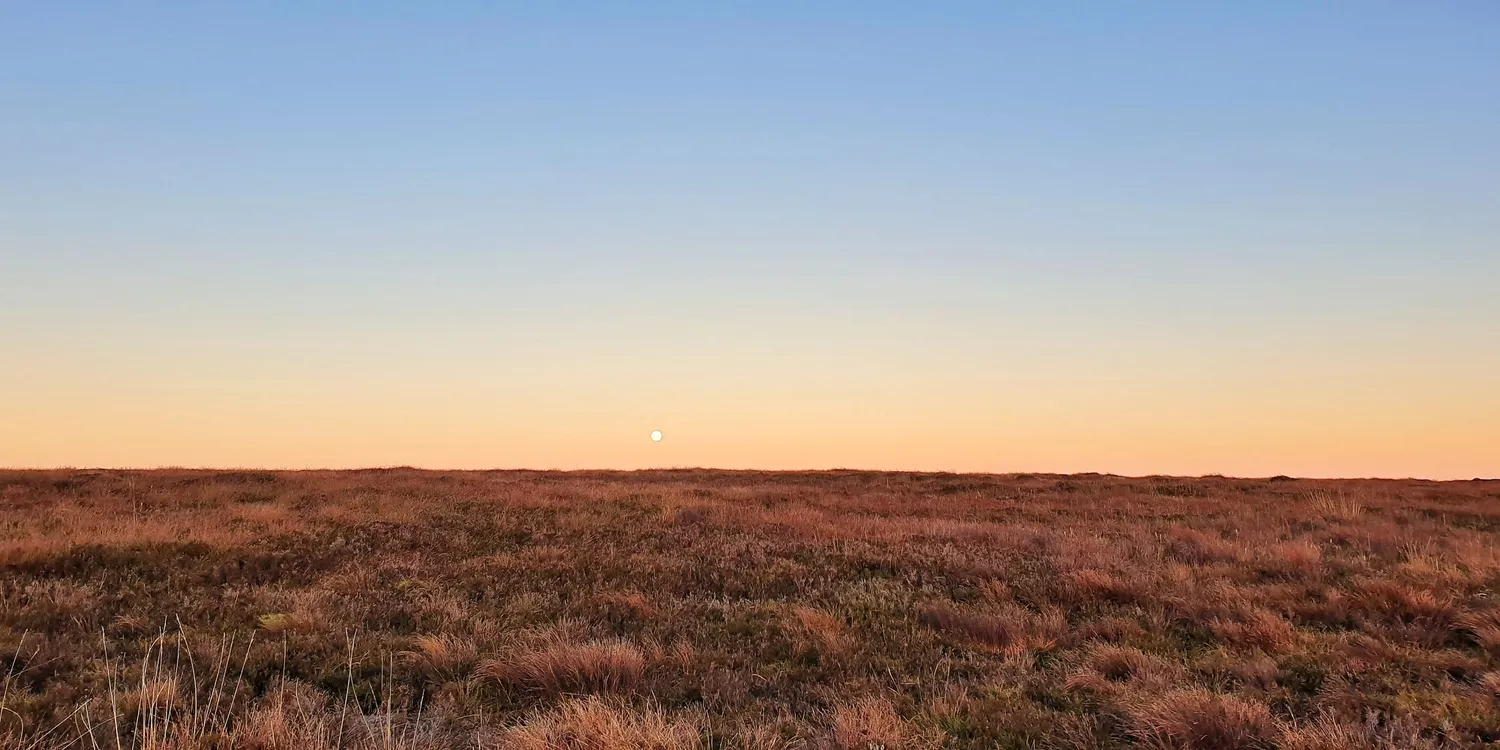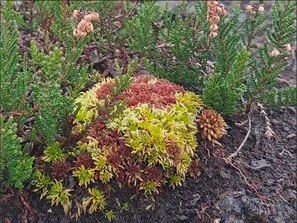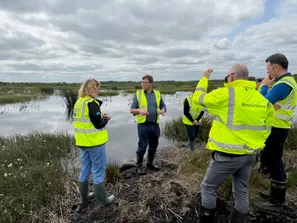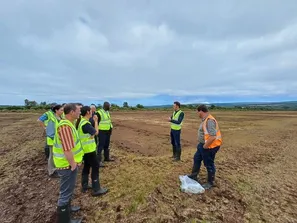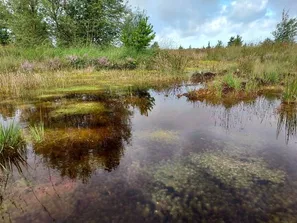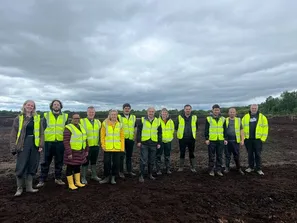20 Jan 2022
World Wetlands Day is celebrated each year on 2 February to raise awareness about wetlands. Nearly 90% of the world’s wetlands have been degraded since the 1700s, and we are losing wetlands three times faster than forests. Yet, wetlands are critically important ecosystems that contribute to biodiversity, climate mitigation and adaptation, freshwater availability, world economies and more.
Wetlands includes both freshwater and marine and coastal ecosystems such as all lakes and rivers, underground aquifers, swamps and marshes, wet grasslands, peatlands, oases, estuaries, deltas and tidal flats, mangroves and other coastal areas, coral reefs, and all human-made sites such as fishponds, rice paddies, reservoirs and saltpans.
We value wetlands for the multiple benefits and nature-based solutions they provide for human well-being and a healthy planet. They need to be managed wisely and used sustainably so we can conserve them and maintain the health of these critically important ecosystems. Lost and degraded wetlands should be restored to revive the rich biodiversity and life found in these life-sustaining ecosystems.
On worldwetlandsday.org you are invited to:
- Add your event to the map.
- Share the campaign materials.
- Pledge to act for wetlands.
Some facts about wetlands:
- Peatlands cover 3% of our planet yet store approximately 30% of all land-based carbon. It is estimated that greenhouse gas emissions from drained peatlands and peatland fires are responsible for about 4% of global anthropogenic greenhouse gas emissions.
- Inland wetlands, such floodplains, rivers, lakes and swamps, absorb and store excess rainfall, which reduces flooding — with each acre of inland wetlands absorbing up to 1.5 million gallons of floodwater.
- Wetlands are rich in nutrients carried by the rivers, streams and water flowing into them. This combination of nutrients, sunlight and water powers the food chain.
- Wetlands’ silt-rich soil and abundant plants act as filters against harmful toxins, agricultural pesticides and industrial waste, naturally improving water quality.
- Wetlands support human well-being by offering magnificent beauty and opportunities for recreation, cultural engagement and the mental health benefits tied to interacting with nature.
For more information visit: worldwetlandsday.org
Or follow #WorldWetlandsDay #ActForWetlands
